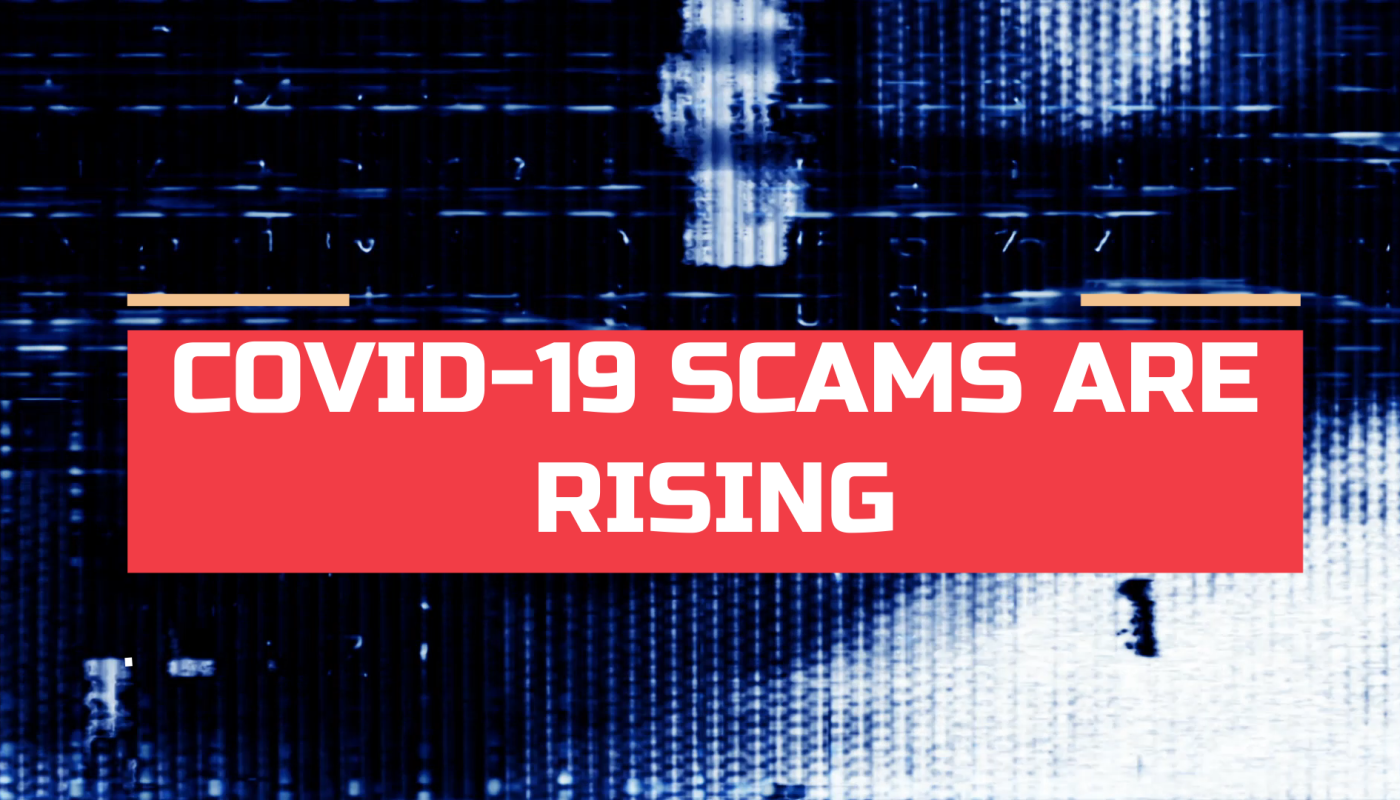
The outbreak is not just rampant in real life, many vulnerable users fall victim in the virtual world. Scammers use this golden opportunity in times of emergency like this. During this difficult time, many people are anxious and is more willing to click on anything that is being shared on Social Media platforms – all of this equates to fraudsters making a tactical move to either infect the victims’ machine or try to steal information. In addition, many employees who work from home are more susceptible to risk because they might be using a home network where the firewalls have fewer restrictions.
Phishing schemes have improved to become much more sophisticated; scammers create emails that look identical to the company they are trying to portray. With the current situation, it is much easier to get victims to click on links that supposedly offer people cures and treatments, offers such as facemasks and hand-sanitizers have been seen floating around the virtual world.
For some people, the things we share online; our location, our online identity can be used against us. The scams can take various forms, here are some examples of scams you can watch out for.
Be vigilant with emails.
Most victims fall prey to unsolicited emails. These emails usually include links or downloadable attachments that users need to click. The link will usually take you to another website that will mimic the actual website. This is called a PHISHING scam. Be vigilant when they ask you to enter your username and password. If there is a downloadable file, it might be malware or bot that you might install onto your computer. Again, be vigilant!
Scams can take various forms, in these trying times, fraudsters will try to offer victims masks, hand sanitisers, free COVID-19 testing or even the cure to the Coronavirus. When you think about it, the vaccine is not known yet and the testing is not widely available for everyone! Scam artists use this time when people are at their most vulnerable.

Scammers also try to reach out to their victims through text. Their main goal is to try to get you to hand in your personal information to them. With this information they can try and access your emails (where you receive most of your important emails like banks)
With this information, they can pretend that they are your bank and transfer your savings into their account. In addition, this makes it seem like YOU have transferred the money. The bank will not flag this because the activity was done by you. Without realising, you may lose all of your savings because you got tricked into entering your username and password on a fake website.
Many scammers pose themselves as the WHO (World Health Organisation), they send emails urging victims to click on the link for downloading attachments or redirecting you to another legitimate looking website.

The number of COVID-related scams that will likely pop up in the coming months means we’ll all need to stay vigilant, experts say. “I’d tell people to assume every unsolicited effort to reach you or sell you something should be viewed with extreme scepticism,” says Linda Sherry. (Time Magazine, 2020)
The most vulnerable people are the elderly and or the people who are not that tech-savvy. If you have received an email urging you to log in to your email, this could be a red flag. Another red flag is when the offers that they give is too good to be true for example, getting an iPhone 11 for free.
If you think that you accidentally gave out your username and password for your bank to a website which you think it’s the banks. Give them a call to see if you have done any suspicious activities recently. Banks will never ask for your username and password.
It is always good to stay vigilant when giving out your personal details and it is always good to stay sceptical about the too good to be true offers.
Stay safe online and offline.


